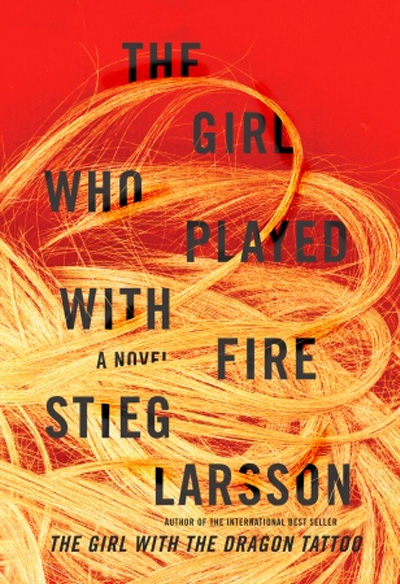 |
| The Time Quartet |
I have a long and close relationship with these books, one that no matter how many years go by, I'll always be able to rely on. This is a series that I was absolutely obsessed with in 4th grade (and a bit of 5th). One of my best friends and I would sit for hours and hours, pretending we were the characters and could bend time and space as they could. I recall during one history unit, we needed to create characters and write a background story for them. We decided to be Murry twins Dennys (him) and Sandy (me), getting so into our characters that on a class field-trip (several days away from home), my family sent me a letter signed with all the character names in place of themselves.
 |
| The first lesson |
There's an odd book out here, and it's Many Waters. Though taking place chronologically before A Swiftly Tilting Planet, it focuses on two characters who until that point got very little screen time - Murry twins Sandy and Dennys. It's a book that focuses more on fate and love as a grand, dramatic statement rather than a simple battle of "good vs. evil". Hints appear (good angels versus bad), but it's a very different story and wonderfully fresh in that sense. Reading it third in the quartet worked well for me... it showed me something completely different.
Any reader who seeks quality science fiction or fantasy needs to look no further than L'Engle's wonderful series. Though adults may not be as heavily influenced by these books as I was as a child, the Time Quartet is a cornerstone in science fiction for younger and older readers alike.











